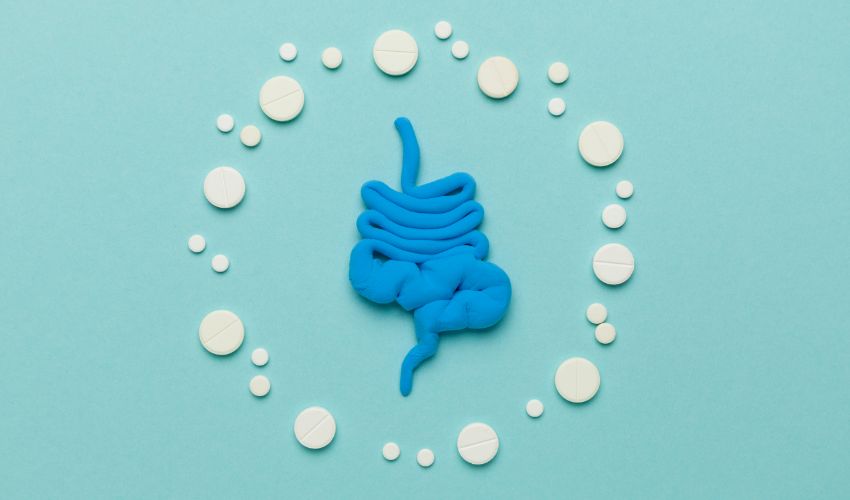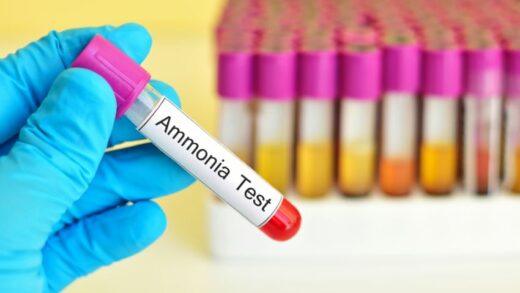Digestive problems can be a source of significant discomfort, and they can interfere with our daily lives. Digestive issues can range from minor problems such as bloating, gas, and constipation to more severe conditions such as Crohn’s disease and ulcerative colitis. In this article, we will discuss common digestive problems, their causes, symptoms, and treatments.
Common Digestive Problems:
- Bloating and Gas
- Constipation
- Diarrhea
- Acid Reflux
- Irritable Bowel Syndrome (IBS)
Causes of Digestive Problems:
- Poor Diet
- Stress and Anxiety
- Food Intolerances
- Medications
- Medical Conditions

Symptoms of Digestive Problems:
- Abdominal Pain
- Bloating and Gas
- Constipation or Diarrhea
- Nausea and Vomiting
- Acid Reflux
Treatments for Digestive Problems:
- Lifestyle Changes
- Over-the-counter Medications
- Prescription Medications
- Surgery
Bullet Points:
Common Digestive Problems:
- Bloating and gas: often caused by eating too quickly, swallowing air, or eating gas-producing foods
- Constipation: can be caused by a lack of fiber, dehydration, or certain medications
- Diarrhea: can be caused by a viral or bacterial infection, food poisoning, or medication side effects
- Acid reflux: occurs when stomach acid flows back into the esophagus, causing heartburn
- Irritable bowel syndrome (IBS): a chronic condition characterized by abdominal pain, bloating, and changes in bowel habits
Causes of Digestive Problems:
- Poor diet: consuming too much processed food, sugar, and saturated fats can lead to digestive issues
- Stress and anxiety: can cause digestive symptoms such as nausea, diarrhea, and abdominal pain
- Food intolerances: common intolerances include lactose and gluten intolerance
- Medications: certain medications such as antibiotics and nonsteroidal anti-inflammatory drugs (NSAIDs) can cause digestive problems
- Medical conditions: conditions such as inflammatory bowel disease (IBD), celiac disease, and pancreatic insufficiency can cause digestive problems
Symptoms of Digestive Problems:
- Abdominal pain: can range from mild discomfort to severe pain
- Bloating and gas: can be accompanied by stomach cramps and discomfort
- Constipation or diarrhea: can be chronic or acute
- Nausea and vomiting: can be caused by a variety of factors, including infections, medication side effects, and motion sickness
- Acid reflux: characterized by heartburn, regurgitation, and a sour taste in the mouth
Treatments for Digestive Problems:
- Lifestyle changes: eating a healthy diet, staying hydrated, and managing stress can improve digestive symptoms
- Over-the-counter medications: antacids, laxatives, and anti-diarrheal medications can provide temporary relief
- Prescription medications: proton pump inhibitors (PPIs), antibiotics, and anti-inflammatory medications can treat underlying medical conditions causing digestive problems
- Surgery: may be necessary for severe cases of digestive problems such as gallbladder disease or inflammatory bowel disease
FAQs:
Can digestive problems be a sign of a more serious condition?
Yes, digestive problems can be a symptom of a more serious condition such as inflammatory bowel disease, celiac disease, or colon cancer.
How can I prevent digestive problems?
You can prevent digestive problems by eating a healthy diet, staying hydrated, and managing stress. Additionally, avoiding trigger foods and medications can help prevent digestive issues.
When should I see a doctor for digestive problems?
You should see a doctor if you experience persistent or severe digestive symptoms such as abdominal pain, diarrhea, or vomiting.
Can digestive problems be cured?
It depends on the underlying cause of the digestive problems. Some conditions can be cured, while others can be managed with lifestyle changes and medication.

Are there any natural remedies for digestive problems?
Yes, some natural remedies such as peppermint oil, ginger, and probiotics may help alleviate digestive symptoms.
Conclusion:
Digestive problems are a common issue that can range from minor discomfort to severe pain. Understanding the causes and symptoms of digestive problems can help you better manage and prevent these issues. If you experience persistent or severe digestive symptoms, it is important to see a doctor to determine the underlying cause and receive appropriate treatment. By making lifestyle changes, taking medication, and seeking medical advice when necessary, you can effectively manage digestive problems and improve your overall quality of life.






















